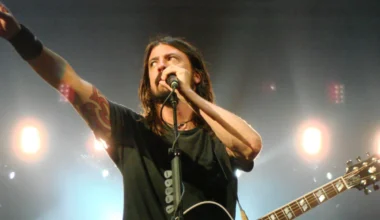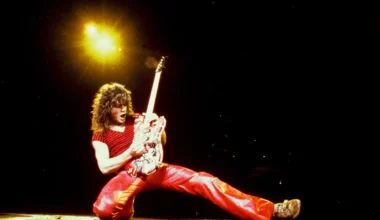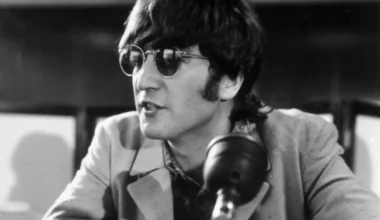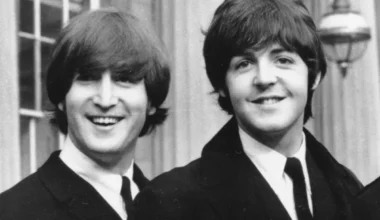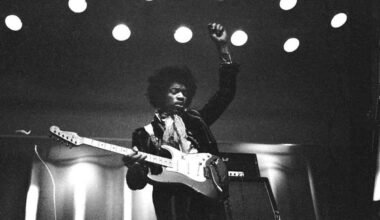The Who briefly embodied the burgeoning youth movement of the 1960s, despite not garnering the same praise as The Beatles and The Rolling Stones. The Who were every British kid’s dirt under their fingernails, if the two titanic bands were the glittering side of rock and roll. Every band member believed that, both on and off stage, they embodied London’s thriving music scene.
Roger Daltrey was never afraid to stop talking and start throwing fists, just like any other Acton boy in the 1950s and 1960s. Legend had it that Daltrey could lose his cool easily, even when it came to his fellow musicians. It was something that group member and diver Keith Moon encountered. The singer nearly lost his fame because of this outburst.
Who were The Who, everyone’s question of the moment in 1965? The band started destroying instruments after their live performances and devouring audiences. Their explosive style of performance captivated a crowd determined to infuse everything they did with the newly discovered vigour of a post-war Britain. However, many of the band members were also experiencing high levels of tension off stage.
Being torn between two music giants, Daltrey often served as a go-between. He acted as a mediator for Pete Townshend and Keith Moon. The guitarist was well-known for his irascible demeanour and for being quick to snap at people orally. Rather, the drummer was an authentic party animal. Townshend was forcing Roger Daltrey further away from the spotlight. While Moon’s growing drug abuse was causing tensions to flare at one end of the spectrum.
The Who were well-known for their live performances prior to the bruise incident. However, this was a strange time for the band to be having a bad run of performances. Fans attacked lead singer Daltrey during one performance, breaking his back. Someone stole the band’s van and all of its gear during a different performance. Finally, to top it all off, there was the band’s notorious performance in Denmark, where the audience rushed the stage and caused £10,000 worth of damage after a few minutes of furious rock and roll.
Daltrey’s tolerance for the increasingly unintelligible Moon finally wore thin during that now-famous tour, and he could take no more. Following a particularly poor performance from the drummer, Daltrey discovered Moon’s drug stash. In an effort to convey a serious message about his increasing dependency, Daltrey flushed the bag away. He did this rather than hand it to his percussionist and blame it for his subpar performance. Moon showed obvious displeasure and quickly appeared in the singer’s face, prepared to fight.
That’s enough to get some new knuckle marks on your head, as any Acton resident will attest, and sure enough, Daltrey unleashed a powerful throw that left Moon’s soon-to-be bloodied nose covered in cuts. According to Roger Daltrey: The Biography, the singer recalled that “it took about five people to hold me off him.” “It wasn’t just that I detested him. It was also that I genuinely loved the band and believed those pills were destroying it.”
During the controversy, Townshend and bassist John Entwistle supported Moon. They believed that Daltrey had gone too far by flushing Moon’s pills. A move that would be unimaginable in the clinical rock atmosphere of today. Before he could truly get going, they abruptly fired him from the group, effectively ending his career. Naturally, Daltrey was soon given the mic, so the decision didn’t exactly last long.
The dispute quickly subsided after Kit Lambert and Chris Stamp, The Who’s management team, became involved in each member’s antics. The argument ended completely when the managers conveyed the serious harm that losing Daltrey’s vocals at this point in the band’s career could do to their trajectory. Unfortunately, Moon’s brief tenure with the group would end prematurely when he passed away in 1978 from drug addiction that he had never been able to overcome.
The Who would be able to become one of rock’s biggest acts and capitalise on the success of their zeitgeist anthem, “My Generation.”


